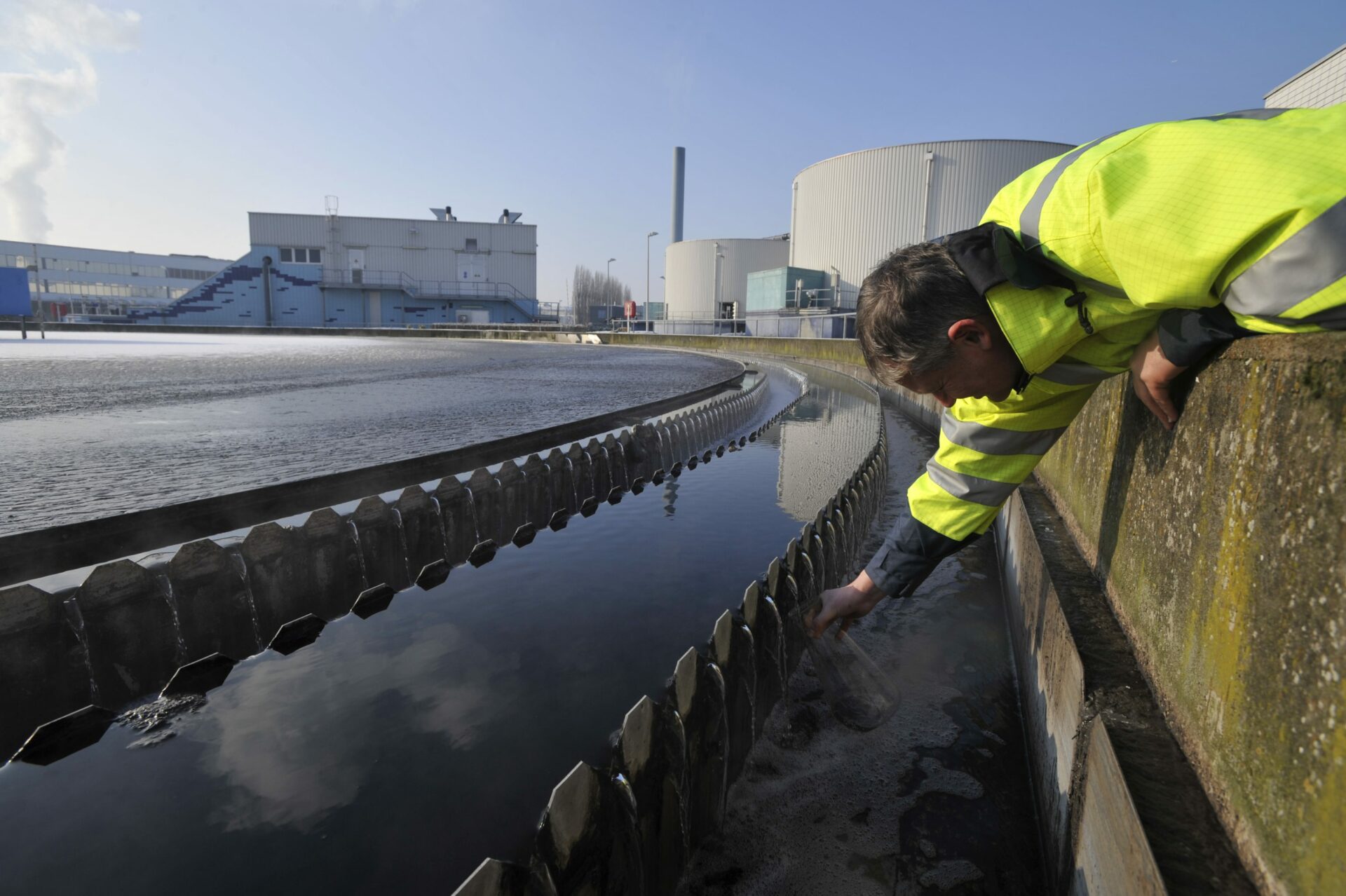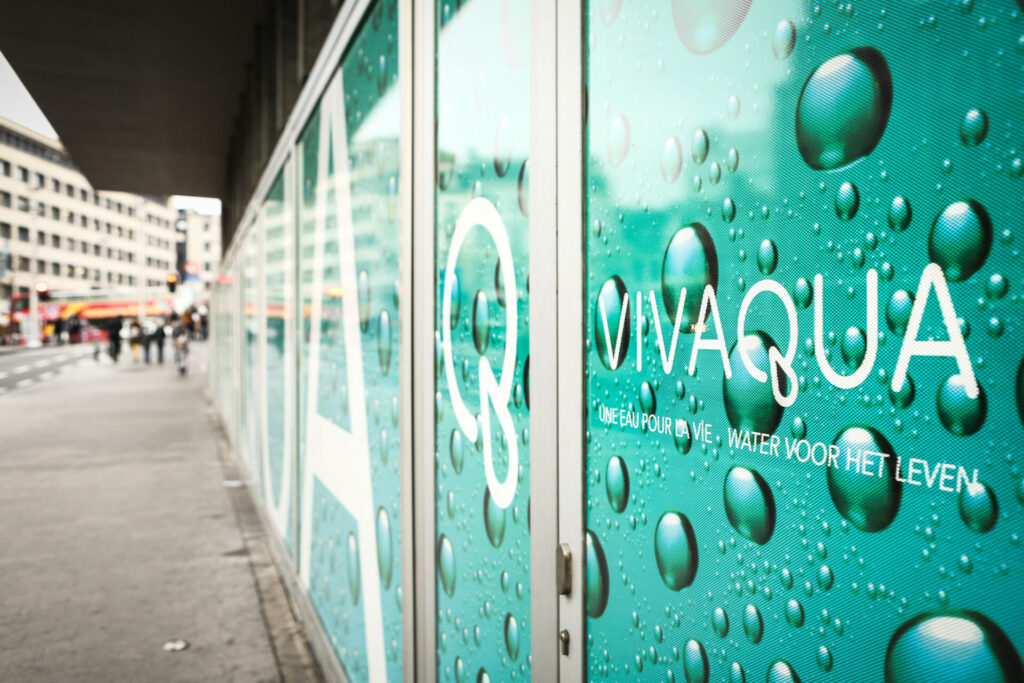Heading into its third week, the PFAS pollution scandal continues to concern citizens in Brussels and Wallonia over the safety of drinking water. Over the weekend, it emerged that there was a higher presence of PFAS of the capital's water network than first communicated.
While PFAS, the eternal pollutants that pose a risk to health and the environment, were found to be below the threshold in the capital region, Brussels Environment Minister Alain Maron (Ecolo), water distributor Vivaqua and the Brussels-Environment administration - are all meeting again on Monday to take stock of the situation.
Maron stressed in a parliamentary committee last Wednesday that the European standard for the PFAS20 or the 20 most prevalent PFAS (100 nanograms/litre) was never exceeded.
Just days after he made these assurances, La Derniere Heure reported over the weekend that one in two Brussels residents were affected by the presence of the four most dangerous PFAS in the Vivaqua network.
"The PFAS4 level detected in the Rhode reservoir far exceeds the Danish standard (2 ng/l) and the indicative threshold set in Flanders (4 ng/l)," MP Christophe De Beukelaer (Les Engages), who shared the figures, said. Between October 2021 and October this year, the average concentration of PFAS4 reached 6.9 ng/l in this reservoir, which supplies over half of Brussels' taps.
The Callois and Uccle reservoirs, which supply the other half of the capital's residents, also contain concentrations above Danish standards but below the recommended levels – and are still much lower than those detected in the Rhode reservoir.
Stronger measures?
Maron confirmed to Le Soir that Brussels will be discussing the possibility of tightening its PFAS standards on Monday. "Brussels water must, in time, contain less than 4 ng/l of the four most dangerous PFAS," he argued.

Vivaqua's water purification station in Brussels. Credit: Belga/ Eric Vidal
He also mentioned that the new EU standard of 100 ng/l will become mandatory in 2026 in the Brussels Region. "This level has never been exceeded in Brussels. There's nothing to worry about. But our aim is to improve information for the public and gradually reduce the presence of all PFAS and remain below the vigilance thresholds, including for the four most worrying," Maron said.
In response to the latest figures, Maron's cabinet has asked Brussels Environment and Vivaqua for their expertise and the consequences of exceeding the PFAS4 thresholds. According to the cabinet, these exchanges should "rapidly lead to a formalisation of this additional vigilance mechanism".
On the Walloon side, last week's hearings - with Minister Céline Tellier on Tuesday and Walloon Water Company (SWDE) on Friday - will continue on Thursday and Friday.
Vivaqua concerns
Speaking to BX1 radio, Vivaqua Director Laurence Bovy also reassured residents, stating that in Brussels, "we have always been, for 2 years, well below this standard of 100 nanograms per litre."
However, Bovy explained that, while the monitoring threshold has been set at 30 nanograms, in Brussels, some municipalities are at the very limit of the threshold at 28 nanograms. Vivaqua explains that a zero PFAS level is impossible, so there will always be a trace of the pollutant.
She also expressed concern over the situation in Halle, where the water is fed by the Hainaut reservoir, and explained that Vivaqua lodged a complaint in April with the Walloon administration's environmental police over the high level of PFAS in some Walloon areas, which could be due to the presence of chemical industries.
"There is an urgent need to stop PFAS at source, as they are present in a whole range of everyday products," she added, before saying it was necessary to encourage the chemical industry to change its production methods at the EU level and stop generating more PFAS."

